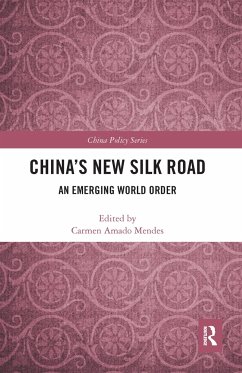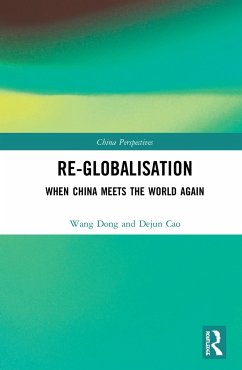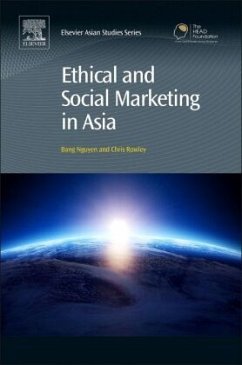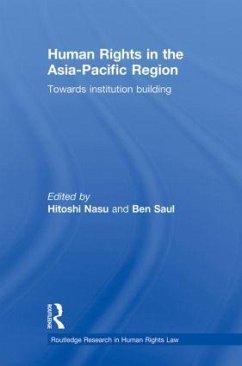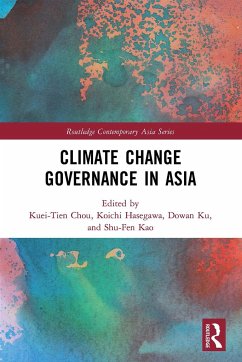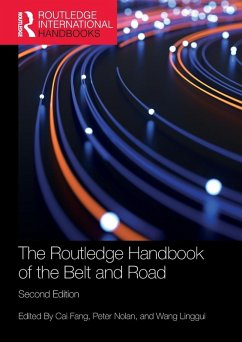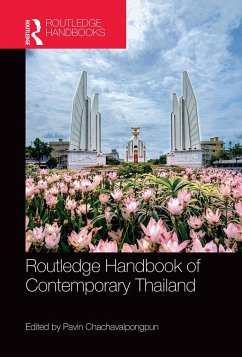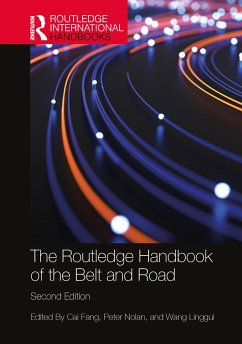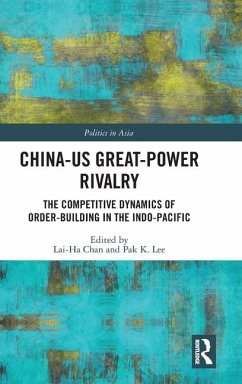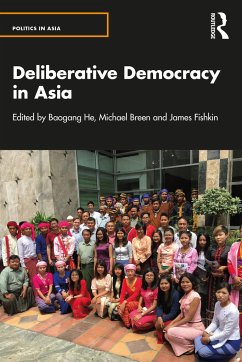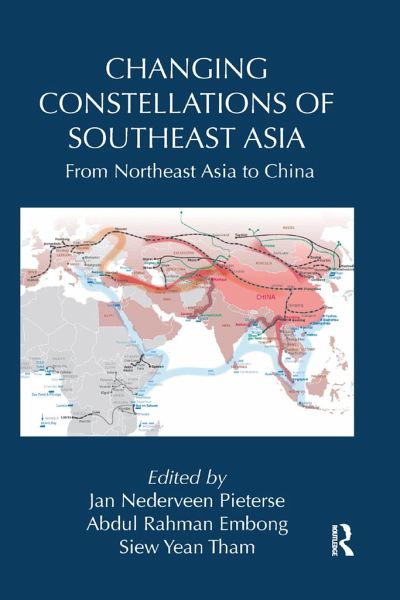
Changing Constellations of Southeast Asia
From Northeast Asia to China
Herausgegeben: Pieterse, Jan Nederveen; Embong, Abdul; Tham, Siew Yean
Versandkostenfrei!
Versandfertig in 6-10 Tagen
47,99 €
inkl. MwSt.

PAYBACK Punkte
24 °P sammeln!
Southeast Asia is among emerging economies that have become important drivers of the world economy. ASEAN has furthered the region's economic integration. Yet, growth remains dependent on foreign investment. Inequality has grown or remained high. Democracy, instead of consolidating, has stalled or regressed.Changing Constellations of Southeast Asia seeks to:Shed light on the gap between Northeast Asia and Southeast Asia from a variety of viewpoints, across trade and industry, services and education and language policies;Examine institutions and elite capture to understand why middle-tier South...
Southeast Asia is among emerging economies that have become important drivers of the world economy. ASEAN has furthered the region's economic integration. Yet, growth remains dependent on foreign investment. Inequality has grown or remained high. Democracy, instead of consolidating, has stalled or regressed.
Changing Constellations of Southeast Asia seeks to:
Shed light on the gap between Northeast Asia and Southeast Asia from a variety of viewpoints, across trade and industry, services and education and language policies;
Examine institutions and elite capture to understand why middle-tier Southeast Asian countries have failed in following the 'East Asian miracle';
Examine China's growing influence and how this growing role affects Southeast Asia as a constellation.
Contributing to critical political economy and comparative development studies in East Asia, this timely volume will appeal to undergraduate and postgraduate students interested in Southeast Asia studies, International Political Economy, Development sociology and economics, Social Policy and Asian Politics.
Changing Constellations of Southeast Asia seeks to:
Shed light on the gap between Northeast Asia and Southeast Asia from a variety of viewpoints, across trade and industry, services and education and language policies;
Examine institutions and elite capture to understand why middle-tier Southeast Asian countries have failed in following the 'East Asian miracle';
Examine China's growing influence and how this growing role affects Southeast Asia as a constellation.
Contributing to critical political economy and comparative development studies in East Asia, this timely volume will appeal to undergraduate and postgraduate students interested in Southeast Asia studies, International Political Economy, Development sociology and economics, Social Policy and Asian Politics.





